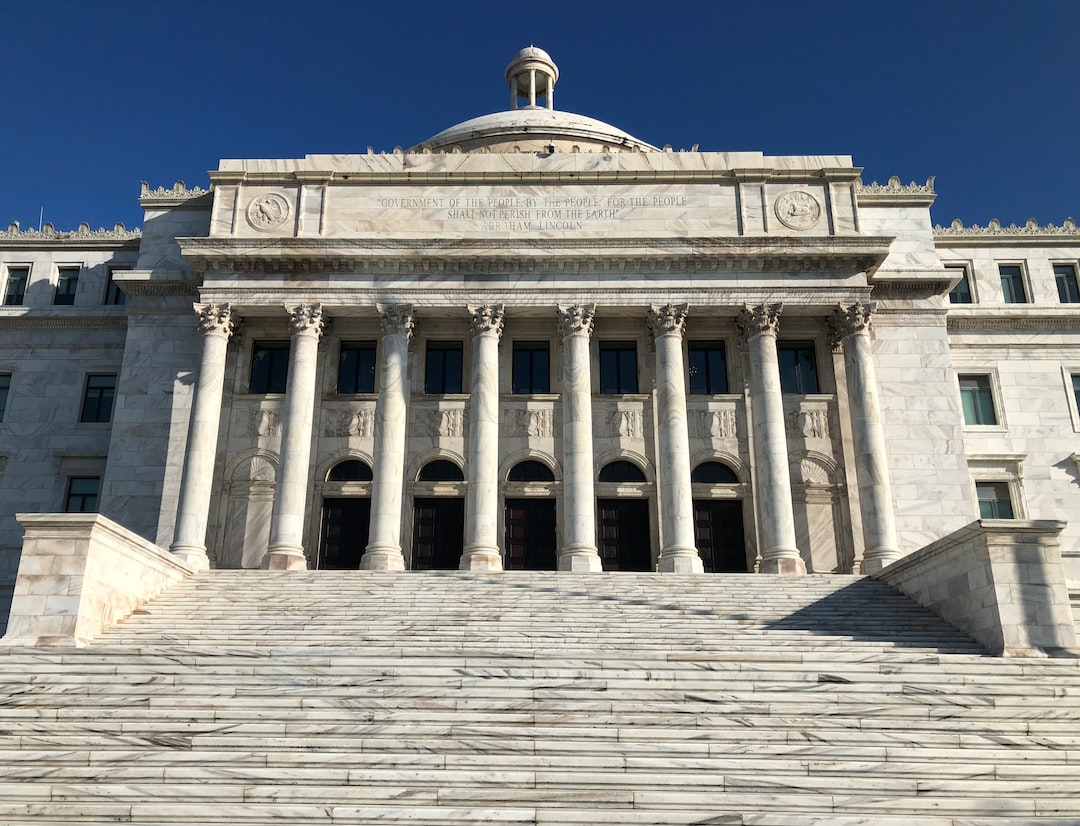The Impact of Bankruptcy Law on Debtors and Creditors
Bankruptcy is a legal process that allows individuals and businesses to have a fresh start financially by eliminating or reorganizing their debts. The impact of bankruptcy law on debtors and creditors is of paramount importance, as it provides a framework for resolving financial distress and managing the rights and obligations of both parties involved. In this blog post, we will explore the various effects that bankruptcy law has on debtors and creditors.
For debtors, bankruptcy law offers a lifeline during financial crisis and alleviates the burden of overwhelming debts. It provides an opportunity to restart their financial lives and regain control over their economic future. One of the notable impacts of bankruptcy law on debtors is the automatic stay, which prevents creditors from taking any collection actions, including lawsuits, foreclosure, or wage garnishment, once bankruptcy has been filed. This stay gives debtors a breathing space, allowing them to regroup and formulate a plan to address their debts.
Furthermore, bankruptcy law provides debtors with different options for debt relief, depending on their circumstances. Chapter 7 bankruptcy, also known as liquidation bankruptcy, allows debtors to discharge most of their debts by selling certain assets to repay creditors. This option provides a fresh start and a clean slate for debtors. On the other hand, Chapter 13 bankruptcy, or reorganization bankruptcy, enables debtors to create a repayment plan over a period of three to five years to gradually pay off their debts. This option allows debtors to keep their assets while repaying the debts in manageable installments.
While bankruptcy provides significant benefits for debtors, it does have an impact on creditors as well. Creditors may face significant losses when a debtor seeks bankruptcy protection. Once a debtor files for bankruptcy, the court enacts an automatic stay, temporarily halting any collection activities against the debtor. This can result in delays in getting paid or the inability to recover the full amount owed. In the case of Chapter 7 bankruptcy, where assets are sold to pay creditors, the amounts recovered may not be sufficient to cover the entirety of the debt. As a result, creditors may only receive a fraction of what they are owed.
However, bankruptcy law also provides some protection for creditors. For instance, secured creditors, who have a lien on the debtor’s property, have priority over unsecured creditors in recovering their debts. This allows them to potentially recover a larger portion of their debts compared to unsecured creditors. Additionally, bankruptcy law prohibits debtors from making preferential payments to certain creditors shortly before filing for bankruptcy. This prevents debtors from favoring one creditor over others, ensuring a fair distribution of assets among all eligible creditors.
Furthermore, bankruptcy law also functions as a deterrent for debtors, encouraging responsible financial behavior. The potential consequences of filing for bankruptcy, such as the impact on credit scores and the limited access to credit for a certain period, provide a disincentive for debtors to accumulate excessive debt or engage in irresponsible financial practices.
It is important to note that bankruptcy is not a panacea for all financial troubles. It should be seen as a last resort, to be pursued after exhausting all other options for debt resolution. Bankruptcy law is designed to strike a balance between protecting the rights of debtors to have a fresh start and ensuring that creditors receive fair treatment. By offering a structured and regulated process for resolving financial distress, bankruptcy law plays a key role in maintaining the stability and fairness of the financial system.
In conclusion, the impact of bankruptcy law on debtors and creditors is multi-faceted. For debtors, it offers a chance to recover from financial distress and build a new financial future. For creditors, it may result in losses, but they are also afforded certain protections under the law. Ultimately, bankruptcy law serves as a crucial tool in managing financial crises and maintaining the integrity of the financial system.


